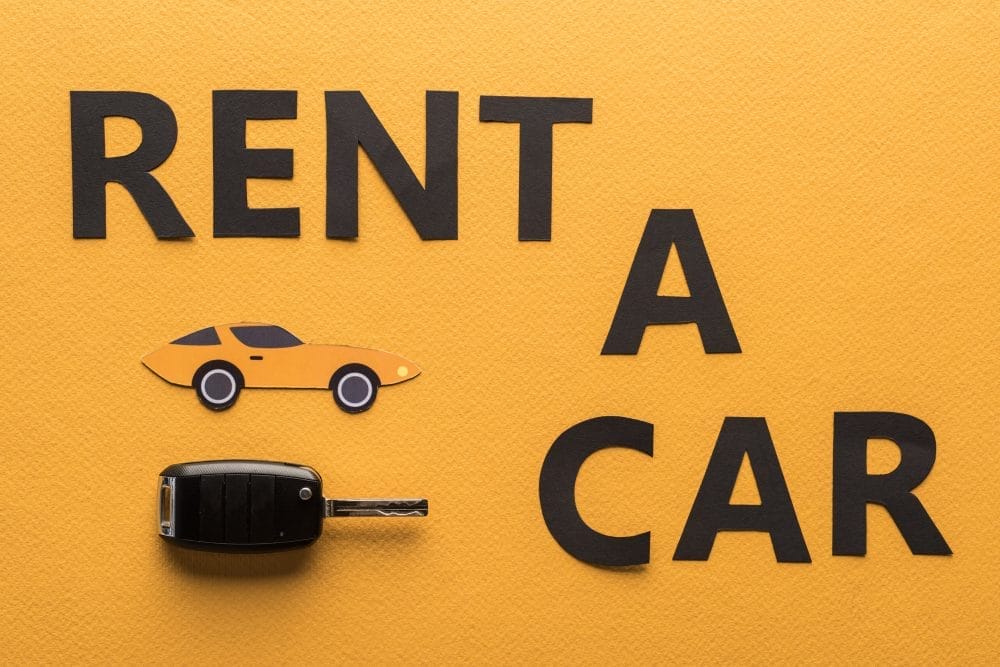There’s a small thrill in getting a bill that seems reasonable—until the extra charges show up like uninvited guests. Many consumers don’t even notice these sly add-ons until it’s too late to argue. Companies know this and bake “emergency” fees into bills with clever names that sound legitimate.
These sneaky extras can drain wallets without warning, disguised as essential surcharges or one-time crisis charges. Staying alert to these fees is one of the best defenses against paying more than what was agreed to.
1. Hotel “Resort Fees”
Hotel stays often come with an unexpected companion: the infamous resort fee. It sounds luxurious but usually covers things like Wi-Fi or pool access that were assumed to be included. Some hotels tack it on even if no one uses the amenities. Travelers frequently find this charge only when reviewing the final invoice during checkout. It’s an emergency drain on the budget that rarely feels optional.
2. Airline “Fuel Surcharges”
Airlines have long mastered the art of hidden fees, and fuel surcharges top the list. These charges are supposedly linked to fluctuating oil prices, but they often remain even when fuel costs drop. Flyers booking budget tickets can find the total price bloated by hundreds of dollars thanks to this sly addition. It’s marketed as a necessary evil to keep planes in the sky. Passengers rarely see any refund when fuel prices fall.
3. Utility “Service Restoration” Fees
When a power or water bill goes unpaid and the service stops, the restoration fee kicks in. This charge claims to cover the “emergency” of turning the service back on. Often, the flip of a switch is all that’s needed, yet the fee can be steep. It’s a penalty disguised as a technical necessity. Many households pay this without realizing how little effort it truly takes.
4. Credit Card “Expedited Payment” Fees
Sometimes credit card users need to make a last-minute payment to avoid a penalty. Some companies charge extra for the privilege of paying on time through expedited processing. The rush fee feels like an emergency toll booth on a road that should have been clear. It’s an ironic twist—paying to pay. It’s another revenue stream dressed as a helpful service.
5. Medical “After-Hours” Fees
Visiting a doctor or urgent care outside of normal business hours can bring a surprise surcharge. This “after-hours” fee is justified as covering staff overtime or late-night costs. Many patients are unaware until they see the bill weeks later. The charge can make an urgent visit feel even more painful financially. It’s a penalty for getting sick when it’s inconvenient for the clinic.
6. Telecom “Reconnection” Fees
Internet or phone service interrupted by non-payment can come back online only after paying a reconnection fee. The provider claims this covers technician time or administrative costs. In reality, it’s often a few clicks behind the scenes to restore access. This hidden penalty piles stress onto customers already struggling to pay. It’s a quiet way to profit from people in a bind.
7. Ride-Share “Surge Pricing”
A late-night ride home can suddenly cost twice as much thanks to surge pricing. This fee is justified as an emergency incentive for drivers to hit the road when demand spikes. Riders usually don’t see the final cost until after confirming the ride. It turns a routine trip into an expensive surprise. Many accept it grudgingly because options are limited in that moment.
8. Delivery “Emergency Fuel” Fees
Some food and grocery delivery services add a fuel surcharge during high-demand periods. It’s presented as temporary, but these charges can linger for months. They appear as small line items but add up fast over repeated orders. Customers are told it helps drivers with rising gas prices. Rarely does the fee disappear when prices at the pump stabilize.
9. Rental Car “Emergency Roadside” Fees
Renting a car often involves paying for emergency roadside assistance, even if personal insurance already covers it. This extra fee is pitched as peace of mind in case of a flat tire or lockout. Many renters agree without realizing it’s optional. It quietly boosts the total bill while duplicating existing coverage. Few travelers want to argue at the counter and simply sign away more money.
10. Event Ticket “Processing” Fees
Buying concert or sports tickets online often includes a vague “processing” fee. This charge is supposedly for the urgent work of issuing an electronic ticket. It’s a digital task that costs the company next to nothing. Fans pay extra just to download what they already bought. The only emergency is the rush to squeeze more money out of excitement.
Pay Attention Before It’s Too Late
These “emergency” fees are designed to hide in plain sight and appear legitimate. They feed on urgency and people’s trust that the bill must be correct. Staying sharp, asking questions, and reading fine print are the best defenses.
Companies hope customers won’t notice or will accept it as the cost of doing business. Share any stories about sneaky fees or tips on spotting them in the comments below—someone else’s wallet might thank you for it.
Read More
10 Subscription Services That Quietly Increased Fees in 2024
10 Ways You Would NEVER Guess Companies Are Quietly Raising Your Bills








